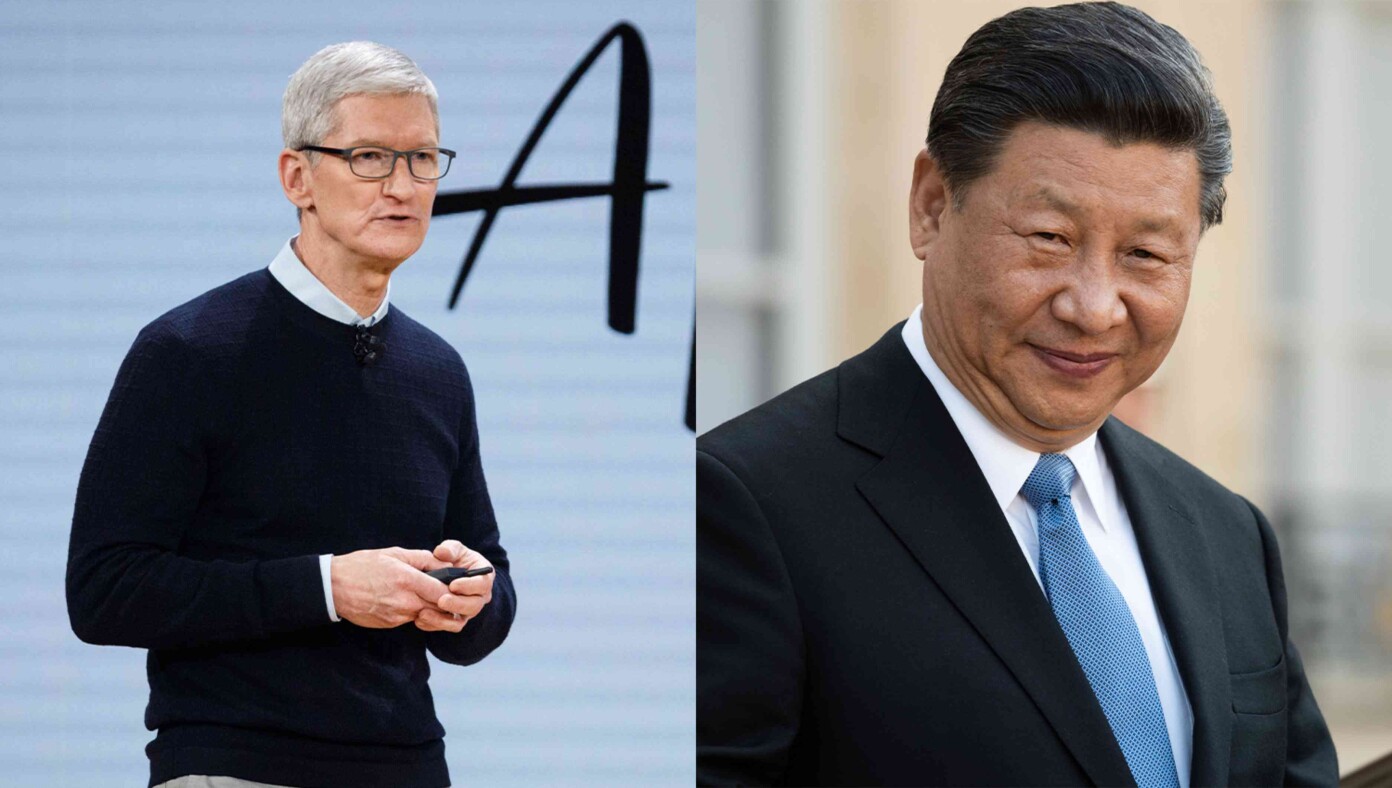Introduction
Apple did remove WhatsApp and Threads, messaging apps owned by Meta Platforms, from the Chinese App Store in April 2024. The move came after an order from China’s Cyberspace Administration citing national security concerns.
This wasn’t the only instance – Reports also indicated that messaging apps Signal and Telegram were removed around the same time. Apple expressed disagreement but complied due to legal obligations in China. These apps remain available on App Stores in other regions.
This action follows an order from China’s internet watchdog, the Cyberspace Administration of China (CAC), citing national security concerns.
Follow us on Linkedin for everything around Semiconductors & AI
Apple’s Compliance with Local Laws
Acknowledging the necessity of adhering to local laws, an Apple spokesperson affirmed the company’s commitment to compliance, stating,
“We are obligated to follow the laws in the countries where we operate, even when we disagree.”
This stance underscores the delicate balance multinational corporations must navigate, aligning with regulatory requirements while upholding their own principles.
The exact reasons behind China’s decision are unclear, but it comes amidst their efforts to regulate online platforms and tighten control over communication channels. This has implications for:
Read More: Code Like a Superhero: Top 5 AI Assistants to Turbocharge Your Development Workflow – techovedas
Meta’s Involvement and Existing Blockage
Both WhatsApp and Threads are owned by Meta (formerly Facebook), and were already inaccessible within China’s digital borders, necessitating the use of virtual private networks (VPNs) to circumvent restrictions.
The removal from Apple’s App Store further solidifies their unavailability within the Chinese market, raising questions about Meta’s broader strategies in navigating geopolitical challenges.
Read more 10 Fabrication Steps to Build a Semiconductor Chip – techovedas
Implications for Users and Businesses
The elimination of WhatsApp and Threads presents practical challenges for users and businesses in China, particularly those with international connections.
Duncan Clark, chairman of BDA China, highlights the inconvenience this poses, especially as VPN-dependent access becomes increasingly untenable over time.
This shift underscores the evolving landscape of digital communication and the geopolitical realities shaping it.
Read More: €3.4 Billion in Government Support: Did China Just Supercharge BYD – techovedas
Broader Context: Declining iPhone Sales and Market Dynamics
Apple’s decision occurs amidst a backdrop of declining iPhone sales in China, attributed to various factors including economic challenges, heightened nationalism, and intensified competition from domestic brands like Huawei, Xiaomi, and OPPO/OnePlus.
This trend reflects shifting consumer preferences and the resilience of homegrown tech giants within China’s fiercely competitive market.
Read More: From Bullets to Bandwidth: 5 Ways Semiconductors are Shaping the Modern Warfare – techovedas
Apple’s Strategic Response and Market Positioning
Despite these challenges, China remains a crucial market for Apple, prompting strategic initiatives such as discounts and the opening of flagship stores.
CEO Tim Cook’s recent visit to Shanghai underscores the company’s ongoing commitment to the Chinese market, albeit amidst formidable headwinds. Apple’s ability to navigate these complexities will undoubtedly shape its future trajectory in China and beyond.
Read More: Atmanirbhar Bharat in Action: Kaynes to Build RUDRA Supercomputers – techovedas
Conclusion
The removal of WhatsApp and Threads from Apple China App Store underscores the intricate dynamics at play in the intersection of technology, regulation, and geopolitics.
As global tech companies grapple with divergent regulatory environments, the repercussions extend beyond mere market access, shaping user experiences, business strategies, and broader geopolitical narratives.
In navigating these complexities, stakeholders must balance compliance with principles of openness, innovation, and user empowerment, reflecting the evolving nature of the digital age.




